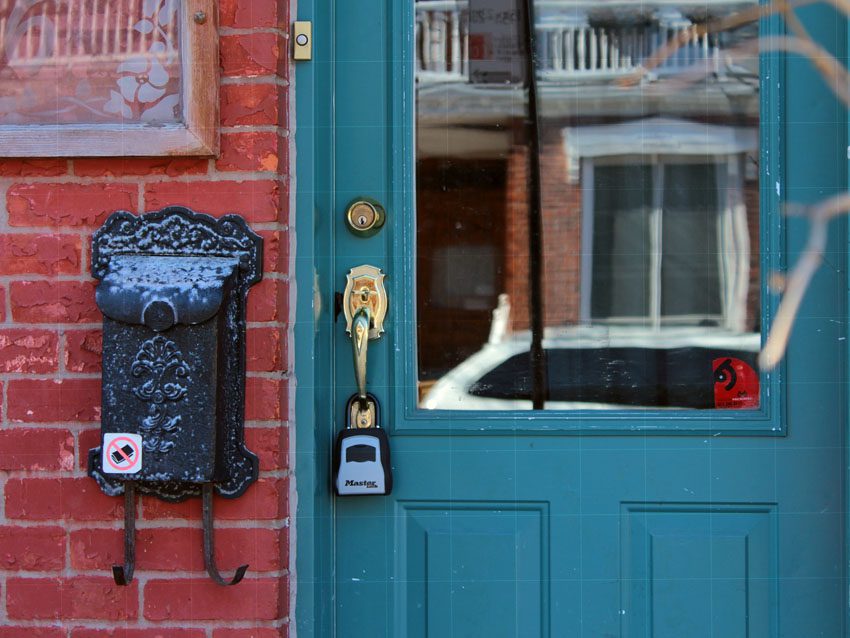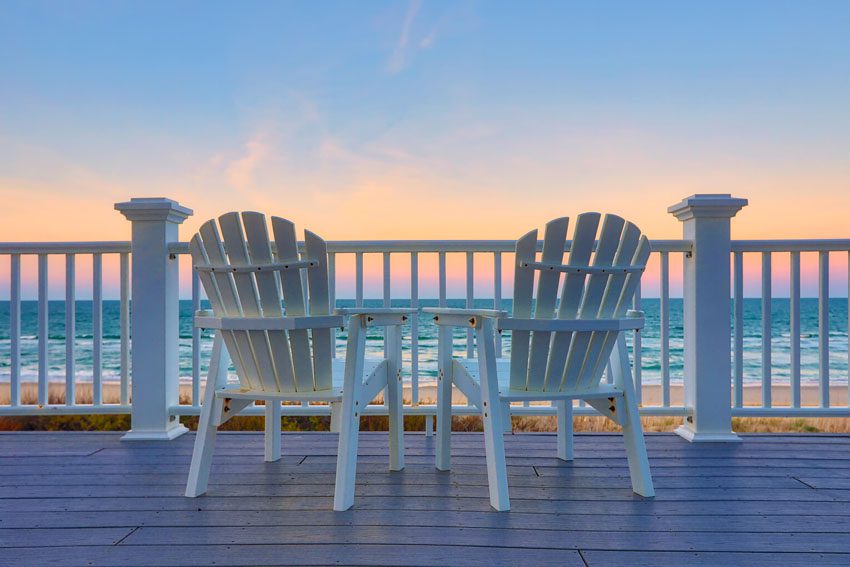Are you thinking about turning your property into a short-term rental? The rise of platforms like short-term rentals has made it easier than ever for property owners to rent out their spaces on a temporary basis and it can be an excellent way to generate additional income and explore a new business opportunity.
This type of rental can be an excellent way to generate additional income and explore a new business opportunity. But, it’s essential to familiarize yourself with all the rules, regulations, and requirements involved in running a successful and compliant rental. With some preparation and attention to detail, you can create a profitable and successful short-term rental experience that will benefit both you and your guests.
We know that getting started in this process can be an overwhelming journey, so we put together a small guide to help you.

Why is short-term rental compliance so important?
There are several reasons why it’s considered important by many local governments and communities. Here are some of them:
- Safety: Short-term rentals may pose safety risks to their occupants, particularly if they are not properly maintained or equipped with necessary safety features. For example, improper wiring or fire hazards in the building can put guests at risk of injury or death. By regulating short-term rentals, local governments have an opportunity to ensure that these properties meet safety standards.
- Quality of life: Short-term rentals can be disruptive to local residents, particularly if they are noisy or attract large crowds. Regulating these rentals can help mitigate these concerns and ensure that guests are respectful of the neighborhood they are staying in.
- Affordable housing: Some experts argue that short-term rentals may contribute to a shortage of affordable long-term housing options in certain areas. By regulating the number of short-term rentals or requiring hosts to meet certain criteria (such as payment of local taxes), some communities aim to ensure the availability of affordable housing.
- Fairness: Another reason to regulate short-term rentals is to level the playing field for hotels and other traditional lodging providers. Some local governments have imposed taxes or other fees on short-term rentals to ensure that they pay their fair share towards local services and infrastructure, just like other businesses.
Short-term rental compliance is a complex issue with multiple competing interests. While there are certainly arguments on both sides of the debate, many communities have found that some level of regulation can help ensure that short-term rentals are safe and respectful additions to their neighborhoods.

So, what should you take into consideration?
Check local laws and regulations:
The laws and regulations around short-term rentals vary from one jurisdiction to another. Before you even think about listing your property, make sure you understand the regulations that apply in your area. This may include occupancy limits, licensing requirements, zoning restrictions, taxes, and more. Ignoring these regulations can result in penalties and fines, so it’s essential to do your research.
Understand insurance requirements:
If you’re renting out your property, you’ll need to make sure you’re adequately insured. This may mean adding additional coverage to your homeowners’ or renters’ insurance policy. Some platforms, such as Airbnb, offer their own insurance policies, but it’s still important to review the terms and conditions carefully.
Keep accurate records:
When you’re renting out your property, you’ll need to keep accurate records of your rental income, expenses, and other financial transactions related to your rental. This will help you stay organized come tax time and make it easier to demonstrate compliance with local regulations.
Be mindful of your neighbors:
Short-term rentals can be disruptive to neighbors, so it’s essential to be considerate and respectful of those living around you. This may mean setting occupancy limits, requiring guests to sign a rental agreement or code of conduct, and being responsive to noise complaints and other concerns.
Maintain your property:
When you’re renting out your property, you’ll need to be diligent about maintaining it. This may mean hiring a cleaning service between guests, addressing maintenance issues promptly, and making sure your property is safe and up-to-date.
By taking the time to prepare and follow the guidelines outlined above, you can create a successful and compliant short-term rental experience. From researching local regulations and requirements to maintaining your property to a high standard and providing excellent customer service, there are many steps you can take to ensure a positive outcome for both you and your guests.
Managing a short-term rental property can be an exhausting and overwhelming process. Watching out for the regulations, on top of everything else, can become an extremely stressful experience. That’s why at Managed Air BNB we want to offer you our services. We have a highly skilled team of professionals ready to provide you with amazing management services for your short-term rental.
We go from cleaning to helping you get new customers. Would you like to learn more? Give us a call today and let’s discuss possibilities!







